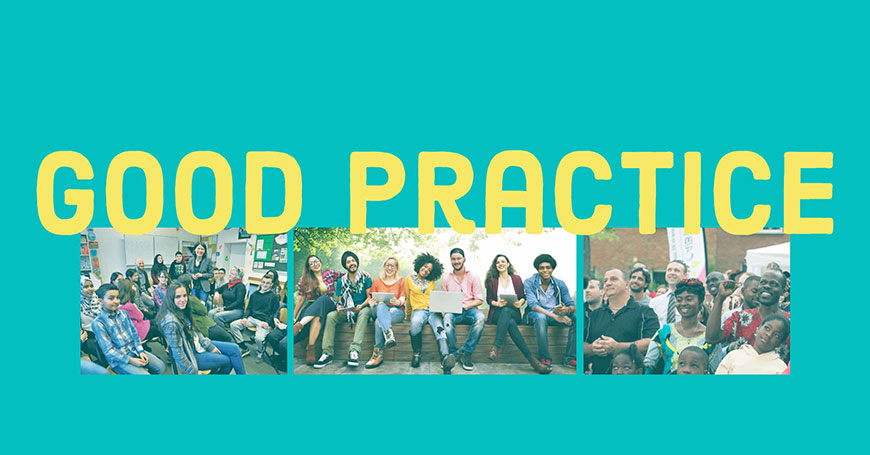Intercultural cities: good practice examples

The first step is the adoption (and implementation) of strategies that facilitate positive intercultural encounters and exchanges, and promote equal and active participation of residents and communities in the development of the city, thus responding to the needs of a diverse population. The Intercultural integration policy model is based on extensive research evidence, on a range of international legal instruments, and on the collective input of the cities member of the Intercultural Cities programme that share their good practice examples on how to better manage diversity, address possible conflicts, and benefit from the diversity advantage.
This section offers examples of intercultural approaches that facilitate the development and implementation of intercultural strategies.
Households welcome migrants!
Purpose: The initiative is as an experiment of social innovation aimed at strengthening local community resilience: some of the migrants hosted in the City had the possibility of completing their...
Workshops, books, exhibitions, music, theater, workshops and sports against racism
Purpose: The Week stimulated a process of confrontation and exchange aimed at preventing and combating phenomena of intolerance, discrimination and racism. Stimulus/Rationale: On the occasion of...
The Human Rights Film Festival
Purpose: The Human Rights Film Festival is an initiative that uses the power of the cinema to promote a culture of peace and respect for human rights, becoming a great agent of social change. The...


